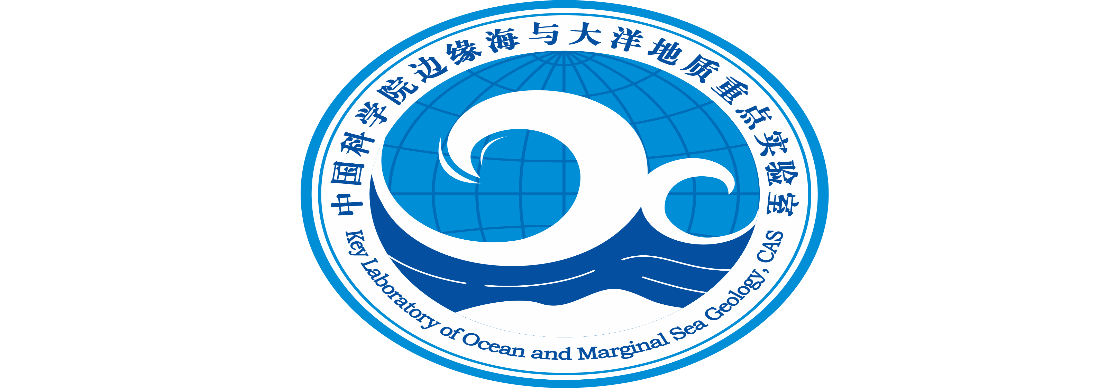CAS Key Laboratory of Ocean and Marginal Sea Geology (OMG), named Key Laboratory of Marginal Sea Geology from 2003-2017, was jointly founded by CAS Guangzhou Institute of Geochemistry and CAS South China Sea Institute of Oceanology in August 2003.

OMG serves to provide an ideal working platform for scientists in geophysics, geotectonics and geochemistry with these two institutes to initiate fruitful cooperative work. In this way, a research team dedicated to ocean and marginal sea geological research was formed and demonstrates its advanced level in discipline construction, talent organization, and equipment utilization both at home and abroad.
In regard to the research orientations, CAS Key Laboratory of Ocean and Marginal Sea Geology aims to focus on Pacific and Indian Oceans, South China Sea and the adjacent regions, and to carry out major research on marine geology, environmental evolution and associated resource effects. The major research contents include: (1) studies on marine lithosphere structure, evolutionary geodynamics and its resource effect; (2) marine sedimentation process and environmental evolution; (3) structure, formation, evolution and ecological geology of reef islands. The predicted targets are to build this laboratory into a lab dedicated to ocean and marginal sea geological research that will be of the first rate in China and show significant influence in the international academic community, and to make significant contributions in a fundamental, perspective and strategic way.
Our lab consists of 25 professors, 34 associate professors, 38 assistant professors, and 4 engineers, and 82% of the staff are middle age to young scientists who hold Ph.D. degrees and have experience of training in Taiwan, Hong Kong or foreign countries. Right now there are 9 post-doc researchers, together with 42 Ph.D. candidates and 51 M.Sc. graduate students. In the past five years, CAS Key Laboratory of Ocean and Marginal Sea Geology has attained a series of important achievements in drilling on reef islands in South China Sea, seismic studies of Challenger Deep in the western Pacific subduction zone, tsunami and submarine landslide studies in the Makran subduction zone, formation and evolution of the oceanic-continental lithosphere in the South China Sea, paleo-environmental studies on loess, and studies on submarine cold spring, and so on. In the period from 2014-2018, this laboratory undertook in succession multiple research projects at state level, provincial level, ministerial level, and projects for international cooperation, with the funding for 601 projects totaling RMB¥334,000,000. The staff scientists of this laboratory have published 104 papers in JCR 1st and 2nd class journals with 30 papers in nature index journals. In particular, the research team led by Zhaoyu Zhu in Guangzhou Institute of Geochemistry, discovered hominin occupation of the Chinese loess plateau since 2.1Ma, which published on Nature and has been selected as one of the ten scientific advances in China in 2018.